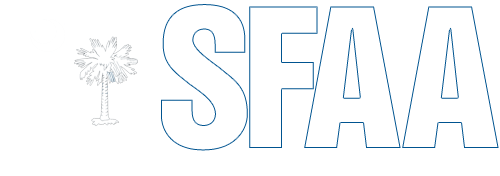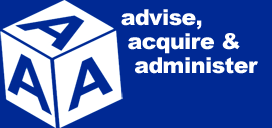Competitive Sealed Bidding: If this process is used, award must be made to the lowest responsive and responsible bidder whose written bid meets the requirements set forth in the invitation for bids (IFB). The IFB must include specifications and all applicable terms and conditions. Adequate notice must be given prior to the date set for the opening of bids.
Competitive Best Value Bidding: This process parallels competitive sealed bidding, but allows for factors other than price to be considered in the determination of award. Cost must be an evaluation factor and cannot be weighted at less than sixty percent. Award is made to the responsive and responsible bidder whose bid is determined to be most advantageous to the State, taking into consideration all evaluation factors set forth in the solicitation.
Competitive Fixed Price Bidding: This competitive process method provides multiple sources of supply based on a pre-set maximum price which the State will pay. Award is made to all responsive and responsible bidders.
Competitive On-line Bidding: This competitive process is reverse auctioning using an e-procurement system to accept electronic bids and to display the low price in real-time.
Competitive Sealed Proposals: If this process is used, award must be made to the responsive and responsible offeror whose proposal is determined in writing to be the most advantageous to the State, taking into consideration price and the evaluation factors set forth in the request for proposals. The state may elect to conduct discussions or enter negotiations. The solicitation, or request for proposals (RFP), must state the relative importance of the factors to be considered in evaluating proposals.
Competitive Negotiations: This process, which is used on complex, high dollar procurements, is similar to competitive sealed proposals with some significant exceptions. After receipt of proposals, the State will establish a competitive range. The state will simultaneously enter negotiations with all vendors whose proposals are within the “competitive range,” that is the two or three vendors whose proposals are the most advantageous. After completion of these negotiations, the state will ask only those vendors that are within the competitive range for best and final offers. The State will award to the vendor submitting the best and final offer it determines to be most advantageous to the State.
Qualifications Based Selection: For construction related professional design services involving fees of $50,000, an agency can select a firm on qualifications without any competitive process or public notice. For larger contracts, the agency must provide public notice, request information regarding qualifications, conduct interviews, rank firms, and negotiate an acceptable contract.
Indefinite Quantity Contracts: Governmental bodies may establish standing use-as-needed contracts for limited size acquisitions of construction related professional design services. Details are outlined in the State Engineer's Manual.
Task Order Contracts: Governmental bodies may establish standing use-as-needed contracts for limited size acquisitions of construction services. Details are outlined in the State Engineer's Manual.


